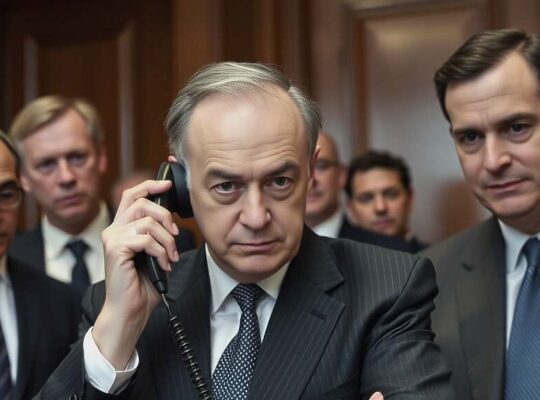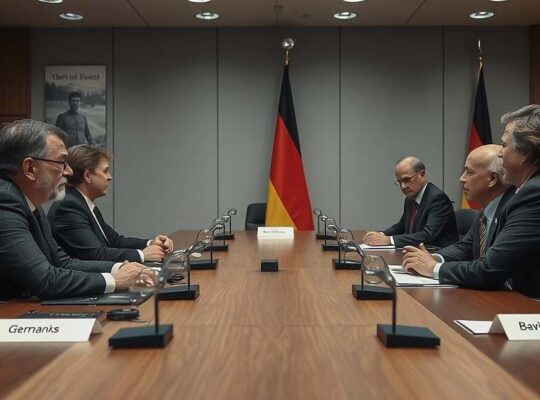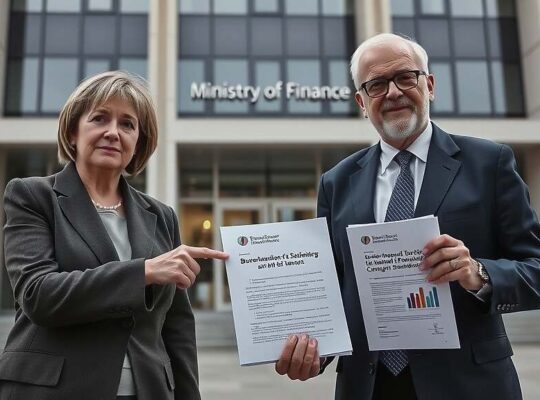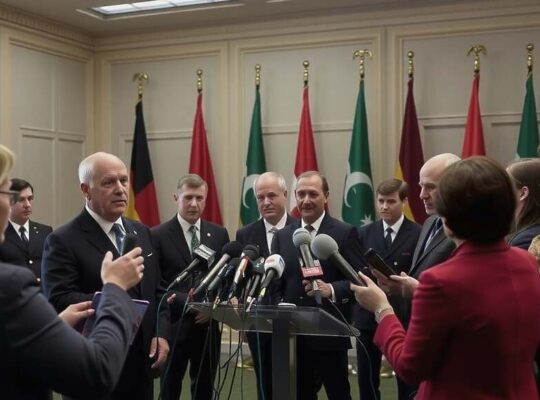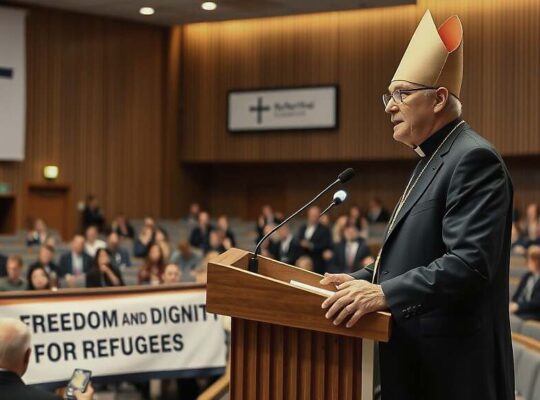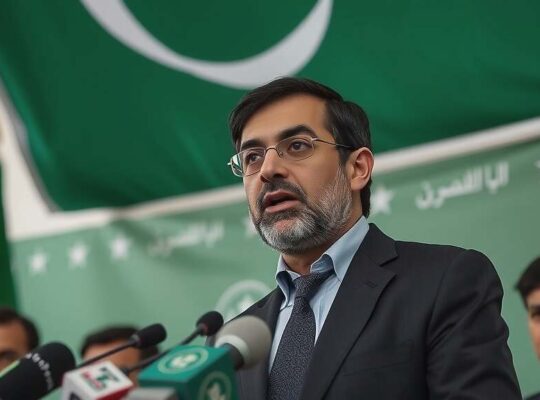Germany’s Foreign Minister Johann Wadephul has expressed growing concern over the renewed flare-ups of violence in the Gaza Strip, signaling a delicate balancing act between advocating for Israeli restraint and pressing Hamas to adhere to existing agreements. Ahead of a regional tour encompassing Jordan, Lebanon and Bahrain, Wadephul stressed the urgency of Hamas fulfilling its obligations outlined in Phase 1 of a proposed framework – specifically, disarming and returning the remains of deceased hostages.
Simultaneously, Wadephul addressed Israel, urging “military restraint” to avert further suffering. The call reflects a growing internal debate within the German government regarding the proportionality of Israeli actions and the potential for escalating the conflict.
The 20-point plan, he asserted, represents a critical roadmap to break the cycle of war and destruction. Germany, Wadephul confirmed, remains committed to its implementation, actively supporting the US-led Civil Military Coordination Centre (CMCC), with diplomats from the German Foreign Office set to deploy to the region this week. This involvement underlines Germany’s willingness to play a direct, albeit nuanced, role in conflict resolution.
Highlighting Jordan’s pivotal position, Wadephul lauded the country’s “valuable, constructive and mediating role” and its critical function as a hub for humanitarian aid to Gaza. Germany has previously supported Jordan’s efforts and pledged to continue this assistance, acknowledging the immense strain placed on Amman in delivering essential aid amidst ongoing instability.
The visit to Lebanon, meanwhile, will focus on the fragile optimism surrounding the recent election of a president, which has alleviated a period of prolonged political deadlock in Beirut. Wadephul cautioned, however, that genuine economic recovery remains elusive, contingent upon the Lebanese government’s willingness to implement ‘deep-seated reforms’ and collaborate with the International Monetary Fund, particularly in revitalizing the embattled financial sector.
The Foreign Minister’s trip underscores Germany’s increasingly complex regional policy, navigating the imperative to support a key ally while also advocating for a stable and economically viable future for neighboring states, even as those states face inherent political and security challenges. The commitment to supporting both humanitarian efforts and structural reforms signals a long-term engagement with the region’s intricate political landscape.



